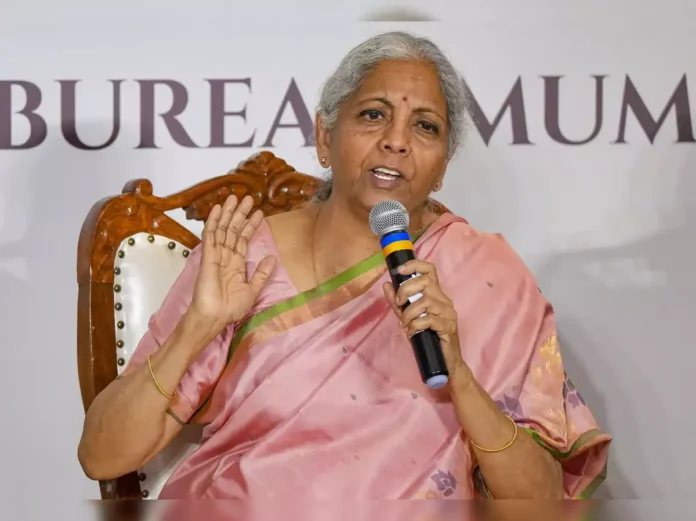New Delhi l
In a move aimed at boosting India’s global trade relations, Finance Minister Nirmala Sitharaman assured that the country will continue its efforts to reduce and rationalize import duties. This decision is part of India’s broader strategy to create a more investor-friendly environment.
Speaking at a press conference after a post-budget interaction with key stakeholders in Mumbai, Sitharaman highlighted that India has already made significant strides in revising tariffs, including periodic reviews of anti-dumping duties.
“This budget is a major step forward in reforming India’s customs duty regime, making us more attractive to investors,” she said.
The announcement came shortly after Prime Minister Narendra Modi and U.S. President Donald Trump’s bilateral meeting, where import tariffs were one of the key topics discussed. Both leaders agreed to review tariff policies under a trade agreement by the end of this year.
Sitharaman also addressed concerns regarding the potential impact of global tariff wars and imported inflation. She assured that the Reserve Bank of India (RBI) is effectively managing inflation, with the recent repo rate cut indicating that price rises are under control.
“Inflation management and monetary policy are working in sync,” she added.
The Finance Minister’s remarks align with India’s ongoing efforts to simplify its import policies. In the Union Budget 2025, the government announced the removal of 12 import duties, focusing on critical minerals and essential drugs, marking a significant push towards a more streamlined customs process. Sitharaman reiterated that this would help make India a more attractive investment destination.
Additionally, Finance Secretary Tuhin Kanta Pandey pointed out that most U.S. imports already benefit from the lowest tariff rates. The few items with higher levies will be addressed during upcoming trade talks, as both nations work towards achieving a $500 billion bilateral trade target by 2030.
India’s commitment to reducing trade barriers and strengthening international ties is evident in these continuous reforms, paving the way for a more competitive and open economy.







